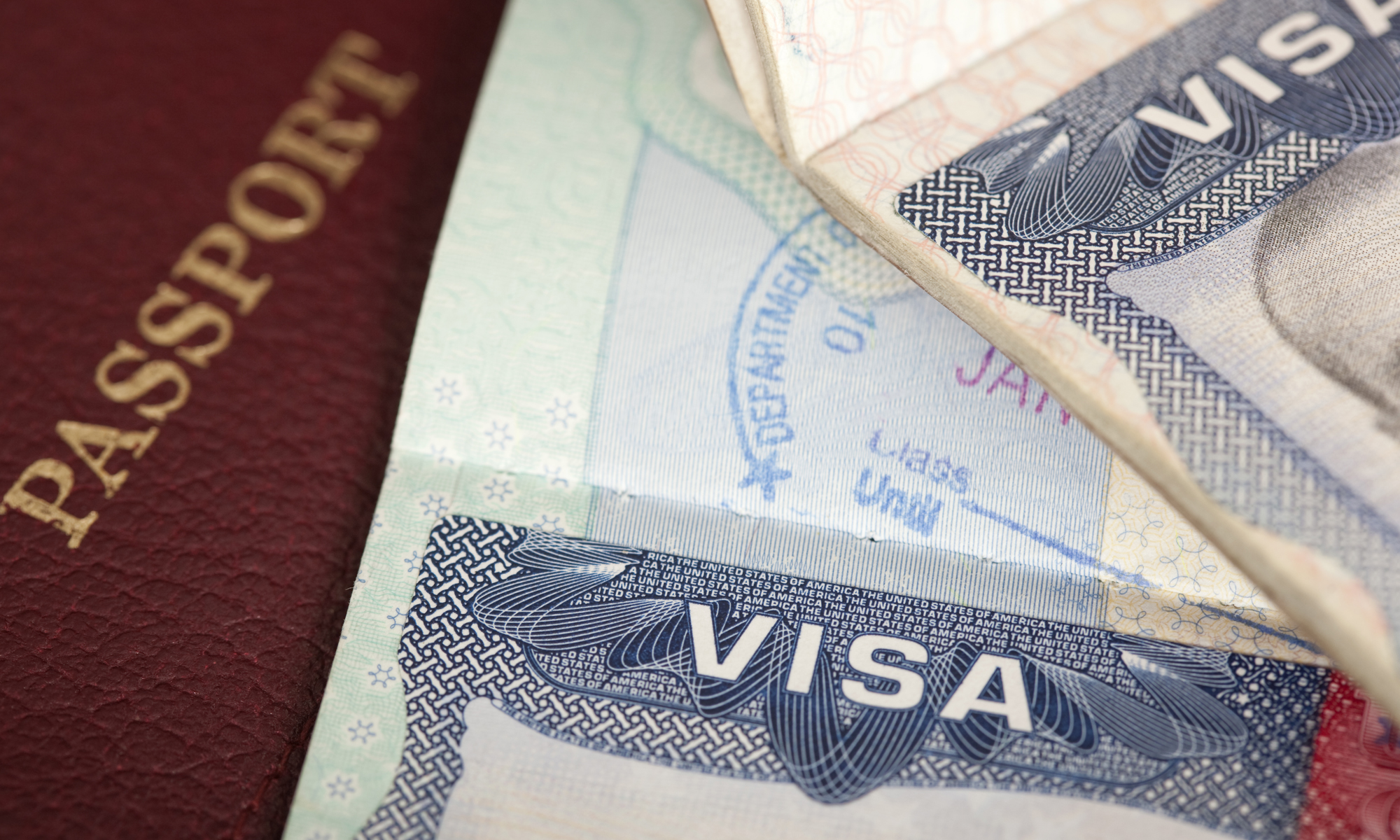On June 18, 2024 the White House announced two new programs to address long standing shortfalls in our current immigration law.
Undocumented spouses of U.S. Citizens, who have lived in the US for 10 years or more, will be eligible for work authorization and a three year path to legal permanent reisdence, commonly know as green card status. Thier minor children will also be eligible to apply. Under current law, these applicants have a 6-10 year path to legal permanent residence, that requires them to return to thier home countries for visa processing, without any guarantee of being able to return to the United States. This new program will eliminate the need for them to leave the United States to adjust to legal permanent resident status.
Under the new program, applicants will apply for Parole in Place (PIP), which if approved will give them legal recognition in the United States and a work permit. Once the applicant’s PIP is approved, the US citizen spouse will be able to follow the normal sponsorship process to obtain legal permanent residence for their spouse and minor children under 21 years old.
DACA recipients who have graduated with a bachelor degree or higher from a U.S. university or college will be eligible to seek legal permanent residence through employment. Under current law, there is no legal pathway for these applicants to seek employment-based green cards due to the fact that they entered the United States illegally as children. This new program will provide these applicants and their employers the opportunity to seek employment-based green cards with the catch that the applicant will need to leave the United States, at the very end of the process, to attend their green card interview at the U.S. consulate in their home country.
Court Challenge Likely: Unfortunately, an immediate court challenge to these programs is likely. A similar, but different program was proposed by the Obama administration in 2014 for the undocumented parents of U.S. citizen children. Under that program, the adminstration proposed to offer “Deferred Action” to undocumented applicants, similar to the DACA program, which is also now under attack in the courts. That program was held up in the courts for years, without ever being implemented, before the Executive Order proposing it was finally rescinded by the Trump Administration. The new program, with it’s offer of PIP rather than Deferred Action, has a stronger likelihood to succeed, based upon the PIP programs for military family members, Ukrainians, Afghans and others.
American Business Immigration Coalition and many other business groups support this proposal. This coalition is a bipartisan group of more than 1400 diverse businesses and business associations located throughout the United States. For years, it has been advocating for work permits for long-time undocumented immigrants in the United States. As the coalition states, “sensible immigration reform is economically important, politically smart, and morally right.”
For more information or consultation on eligibility, please contact Valentine Brown at (215) 979-1840 or the Duane Morris immigration attorney with whom you normally work.
